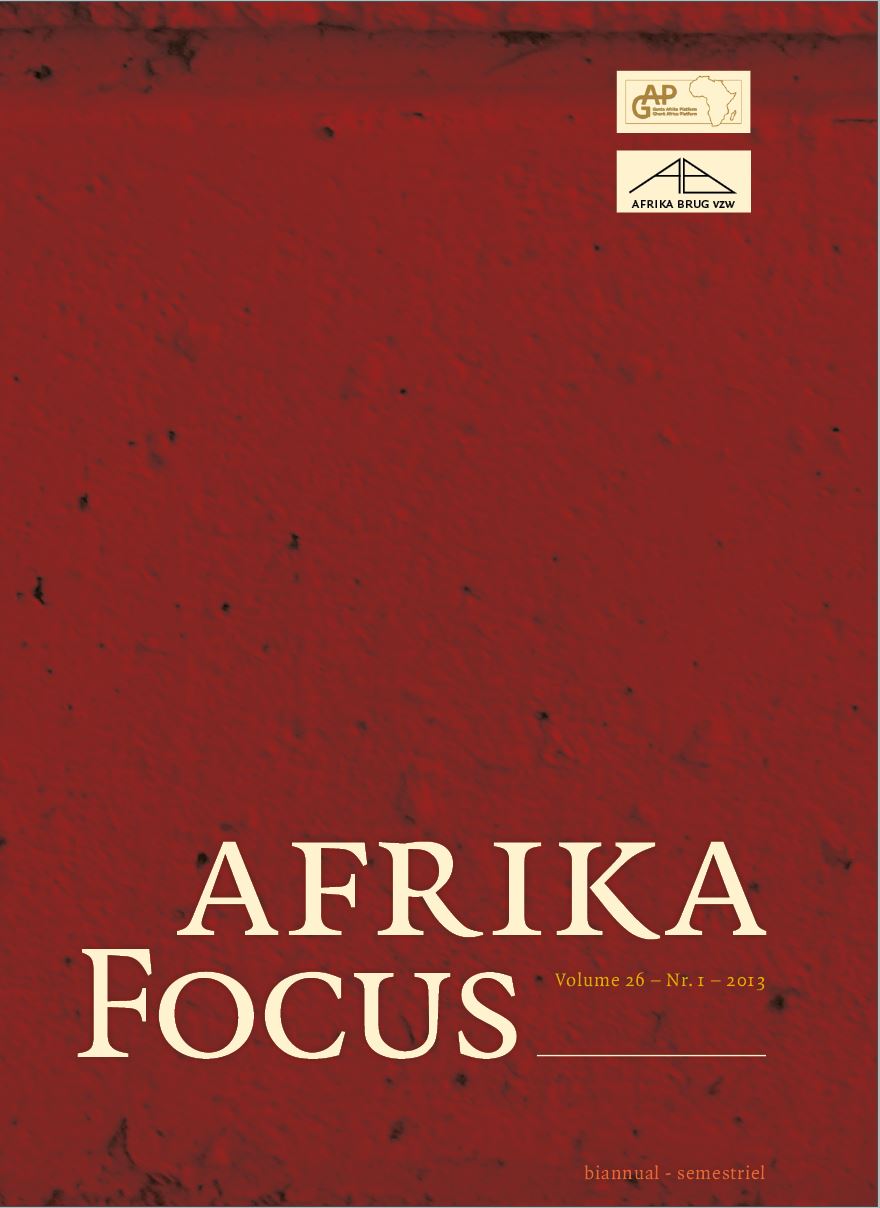Cultural struggles in the lusofonia arena: Portuguese-speaking migrant musicians in Lisbon
DOI:
https://doi.org/10.21825/af.v26i1.4927Abstract
Approaching music as a point of social connection in the post-colonial city of Lisbon, where cultural entrepreneurs deploy the political concept of lusofonia, this study examines the ways in which local migrant musicians from Portuguese-speaking African countries (PALOP), as well as Brazil and East Timor, position themselves in this context. In general, the study shows that there is a lack of recognition of the contribution they make to the expressive culture of the Portuguese capital, and this is related to national preconceptions. Surprisingly, despite several existing coun- ter-discourses regarding lusofonia, all interviewed musicians do see some future relevance in this concept. They appeal to both supranational institutions and national governments, asking for structural support in order to promote and disseminate all the expressive culture of Portuguese-speaking African countries, indicating that the contribution of migrant musicians from these countries should be considered as an integral part of Portugal’s cultural expression and heritage. Key words: Lusofonia, Portugal, migrant musicians, cultural policy, postcolonialismDownloads
Published
How to Cite
Issue
Section
License
Authors who publish with this journal agree to the following terms
Authors retain copyright and grant the journal right of first publication with the work simultaneously licensed under a Creative Commons Attribution License that allows others to share the work with an acknowledgement of the work's authorship and initial publication in this journal.
Authors are able to enter into separate, additional contractual arrangements for the non-exclusive distribution of the journal's published version of the work (e.g., post it to an institutional repository or publish it in a book), with an acknowledgement of its initial publication in this journal.
Authors are permitted and encouraged to post their work online (e.g., in institutional repositories or on their website) prior to and during the submission process, as it can lead to productive exchanges, as well as earlier and greater citation of published work (See The Effect of Open Access).


